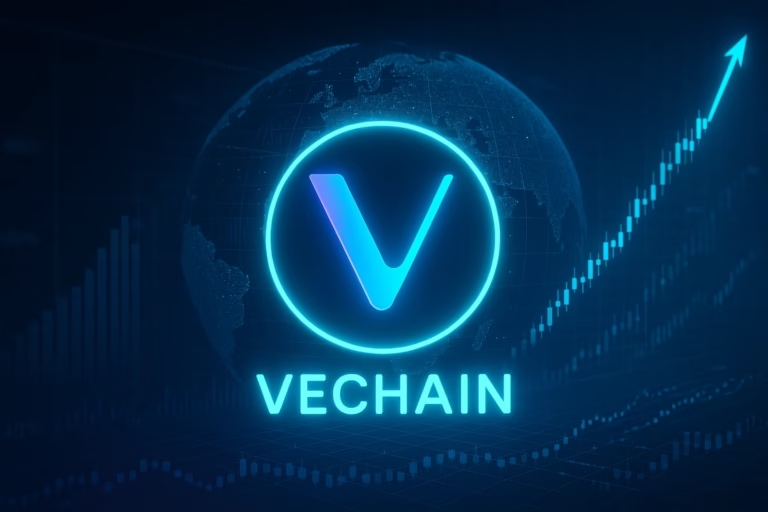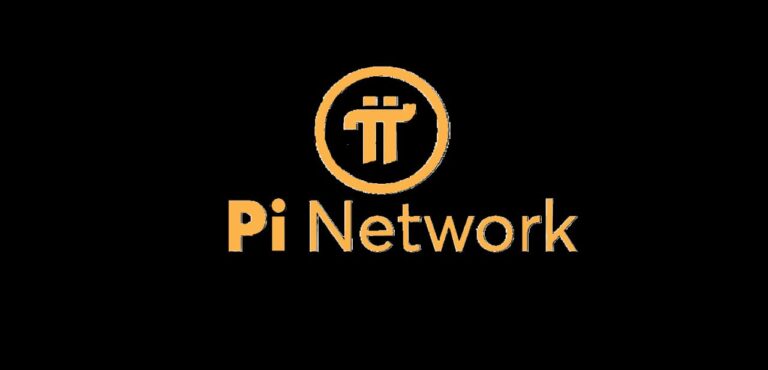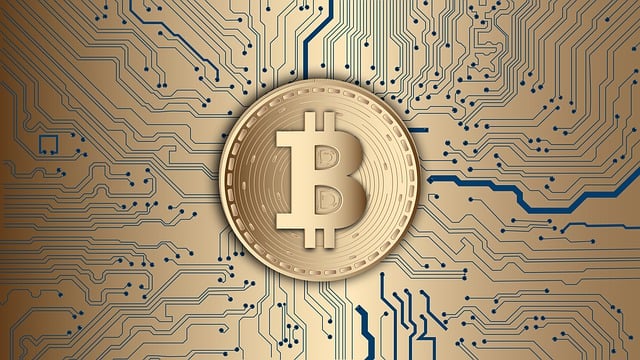
- Ripple CTO David Schwartz defended XRP’s relevance amid criticisms that its role as a bridge currency has been overshadowed by stablecoins, Ripple’s IPO plans, and large XRP sales to fund operations.
- He argued that XRP remains valuable for enhancing transaction efficiency and supporting market liquidity, making it a practical choice as an intermediate currency despite the rise of stablecoins.
The cryptocurrency world thrives on debates, and XRP is no stranger to scrutiny. Recently, a video titled “What is wrong with XRP” sparked heated discussions within the XRP community. The video outlined three reasons why XRP may no longer be a viable investment. Ripple CTO David Schwartz, however, stepped in to offer a compelling defense of XRP’s relevance and potential.
The Criticisms Against XRP
The author of the video raised concerns about XRP’s diminishing role as a bridge currency for cross-border payments. The rise of stablecoins, which are perceived as more suitable for this purpose, was cited as a major factor. Adding to this narrative, Ripple’s recent launch of its stablecoin, RLUSD, further fueled skepticism.
The second critique centered around Ripple’s plan to go public. Critics argued that this move undermines XRP’s position as a beta asset closely tied to Ripple’s performance. Finally, the video highlighted Ripple’s significant XRP holdings—over 38 billion coins—and their ongoing sales to fund operations as a red flag for investors.
Ripple CTO’s Rebuttal
In response, Ripple CTO David Schwartz addressed these claims with thoughtful counterarguments. He acknowledged that while users don’t need to hold XRP to facilitate payments, someone in the ecosystem does. This demand inherently supports liquidity in the market, sustaining XRP’s relevance.
Schwartz also challenged the assertion that XRP’s price is driven solely by ecosystem changes or hype. Using historical price comparisons between XRP and Stellar (XLM), he pointed out how the performance of the two tokens often aligns. This challenges the narrative that XRP lacks independent value or utility.
Why Holding XRP Still Makes Sense
One of Schwartz’s strongest points was the argument for XRP’s efficiency as an intermediate currency. He explained that holding XRP can reduce the number of currency exchanges required for transactions, enhancing efficiency and lowering costs. Despite the proliferation of stablecoins, XRP’s role as a universal intermediary remains logical, particularly for those unsure of the currencies needed for their payments.
Conclusion
While criticisms of XRP are not unfounded, Schwartz’s insights underscore its enduring relevance. By supporting liquidity, offering transactional efficiency, and maintaining market alignment, XRP continues to hold a unique position in the cryptocurrency ecosystem. For those willing to navigate its complexities, XRP may still be worth considering.




